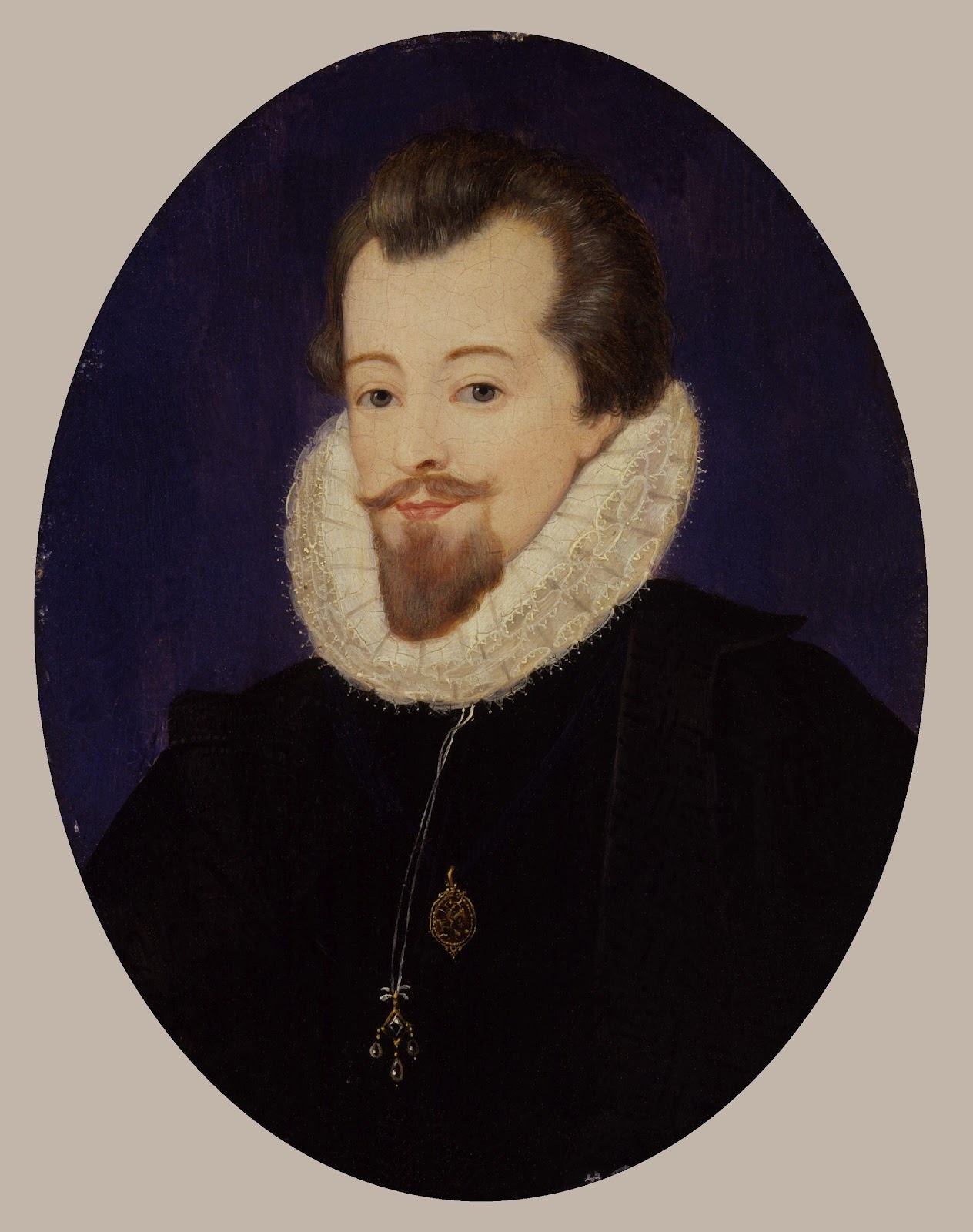
JOHN DOWLAND
(1563 – 1626)
John Dowland, of English or possibly Irish origin, was born in 1563, probably in London. He was a lutenist of distinction but failed, allegedly because he was a Catholic, to win a position in the royal service, seeking his fortune abroad at Kassel and later, in 1598, at the court of Christian IV of Denmark. He was forced by debt to return to England in 1606 and eventually won appointment as one of the King’s Lutes in 1612. He performed during the funeral ceremonies of King James I and himself died the following year. Dowland was the composer, in particular, of one of the best-known songs of the period, Flow, my teares, music much imitated and epitomising the fashionable humour of the day: melancholy. Dowland himself provided an apt pun on his own name—‘Dowland, semper dolens’ (‘Dowland, always grieving’)—although he had a reputation as a cheerful man, despite being professionally embittered by his long failure to find employment at the English court.
Vocal Music
Dowland was above all the composer of lute songs, publishing his first collection of airs in 1597, followed by a second in 1600 and a third in 1603. He left over 80 secular songs and these include Come again: sweet love doth now endite, Fine knacks for ladiesand Flow, my teares, among many others of moving intensity.
Lute Music
For the lute itself Dowland wrote fantasias, and dance movements including pavanes, galliards, almains and jigs.
Other Instrumental Music
The best known of Dowland’s instrumental compositions is his famous Lachrimae or Seaven Teares, for five viols and lute. This work includes a series of dance movements, chiefly galliards, and solemn pavanes, using the theme familiar from the lute song Flow, my teares.

Share it people